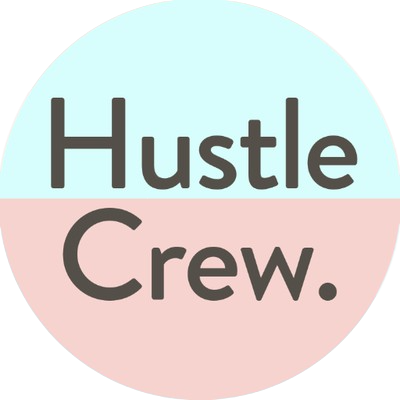"I didn't want to come across as the typical _____ person" - is code-switching ever worth it?
To code-switch, or not to code-switch?
Have you ever ‘toned down’ your behaviour at work in order to ‘fit in’ with the dominant group? From changing your accent and hairstyle to avoiding talking about ‘stereotypical’ hobbies or interests, code-switching is a reality for many underrepresented groups.
‘Bringing your whole self to work’ isn’t always easy, especially when you’re in a minority. Biases and preconceptions can quickly solidify into reality.
In a recent study on this issue, a 31-year-old financial analyst said:
“But when you’re being judged by coworkers in a place that you want to build a career in, it’s not an easy dismissal. Those perspectives hold weight because it can make or break your career”
Changing who you are to increase your chances of survival, getting hired and progressing in your role takes its toll. Studies show that over time, code-switching leads to burnout and feeling undervalued in the workplace. What appears to have immediate benefits has lasting adverse outcomes over time.
“But isn’t this just professionalism? Everyone has to moderate their behaviour in the workplace, irrespective of race”. While some work environments call for more formal behaviour, code-switching is closely tied to negative stereotypes about a particular group. It exposes seemingly benign requirements of appearing ‘neat and tidy’ at work, for example, and calls into question what these requirements really mean. For example, how can the natural Afro hair that grows from someone’s head be classified as unprofessional?
There are countless examples of the toll and impact this has taken on individuals, from exhausted students in England to some of the most influential Black women in the US, such as Elaine Welteroth, Roxane Gay and Angelica Ross [this is a must-watch].
For many underrepresented groups, it becomes a trade-off, an existential question: how much of my true self am I willing to forgo for ‘career advancement’? How much of myself should I bring to the table to model an alternative form of success? Is any of this ever worth it if I’m burned out in the long run?
For us, authenticity is everything, so there’s an art to strategically choosing environments where you can be yourself. However, being able to choose your environment and play by your own rules is a privilege. What would you do? Join the conversation.
Note: the onus isn’t on the individual to change an entire culture at work. Here’s what leaders and employers should consider…
So, what's the solution?
It’s up to employers and leaders to redefine ‘professionalism’ so that it looks a little less white middle class, and a lot more inclusive. The result? Lower staff turnover, reduced burnout, increased productivity and a stronger sense of team spirit. ✅✅✅
Here are some principles to get you started:
Accept that the ‘traditional’ Western definition of ‘professional’ isn’t the only, or best way to get things done
Focus on outputs over the elusive ‘cultural fit’ — the quality of your team members’ work, more than whether you ‘relate’ to them
Create platforms and talking opportunities to learn about the cultural norms in underrepresented groups
Allow your minority leaders to lead in a way that they see fit — this creates space to model alternative modes of success for all to see
Review coded language and redefine vague performance parameters - e.g., ‘behaves professionally’ could be broken down to ‘delivers on time’ and ‘able to resolve disagreements within the team’
Still unsure about how to communicate this to your wider team or organisation? Get in touch — we’re here to help with our workshops and training
Future-proof your workforce with Hustle Crew
Would you like to improve your diversity and training programmes within your company?
Do you want to raise cultural awareness and understanding across all communities in your company?
Would you like to retain your top underrepresented talent by supporting them with the best resources?
Welcome to Hustle Crew.
Since 2016, we’ve been providing. Since 2016, we’ve been helping companies like Sky, Stella McCartney and more to become more diverse, through our Recommended Programme — which includes ‘Fostering Inclusion’ and ‘Understanding Bias’ workshops. Navigating conversations about diversity can be challenging, but driving long-lasting change in your company is possible.
Get in contact here.




